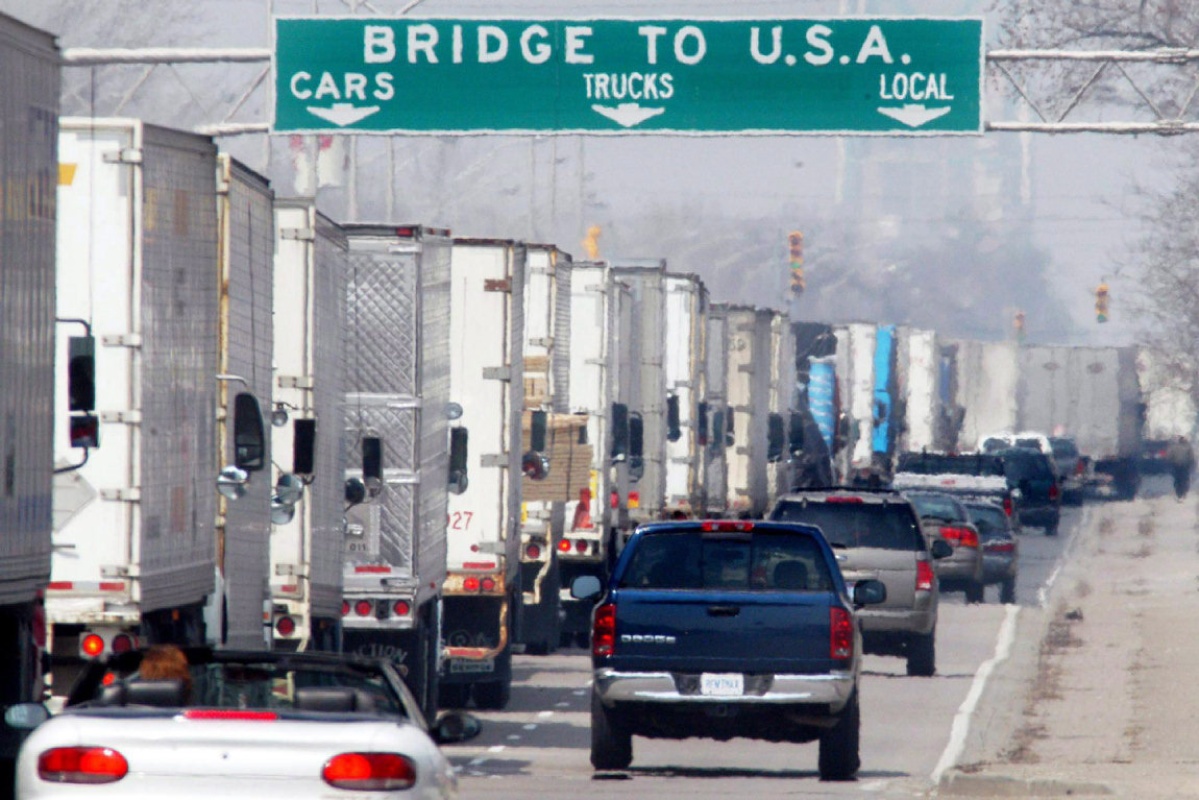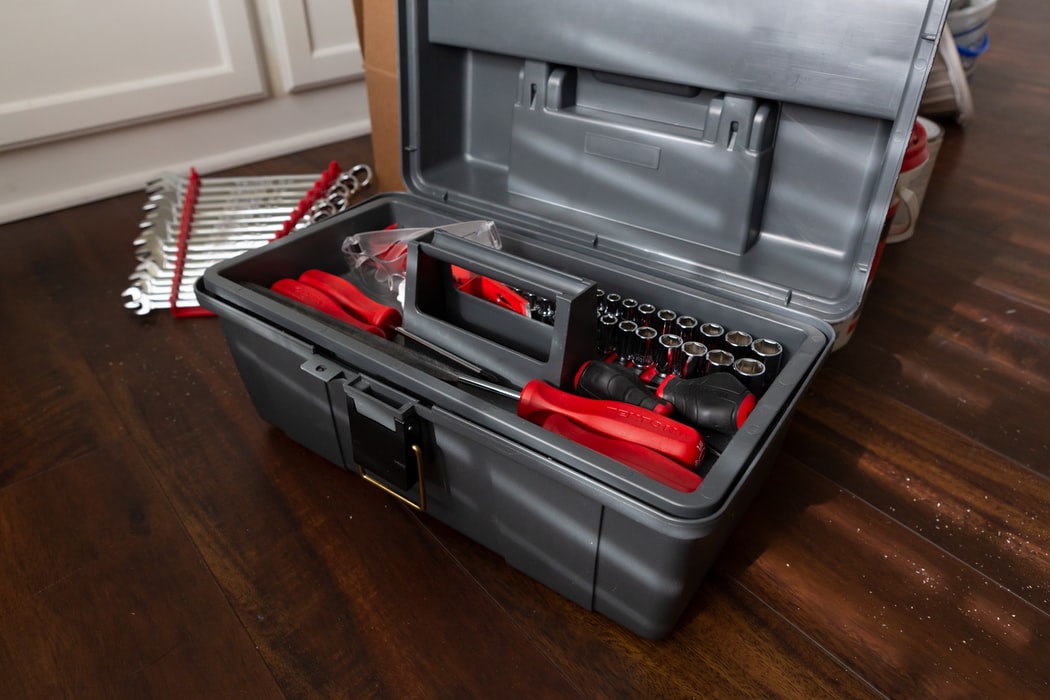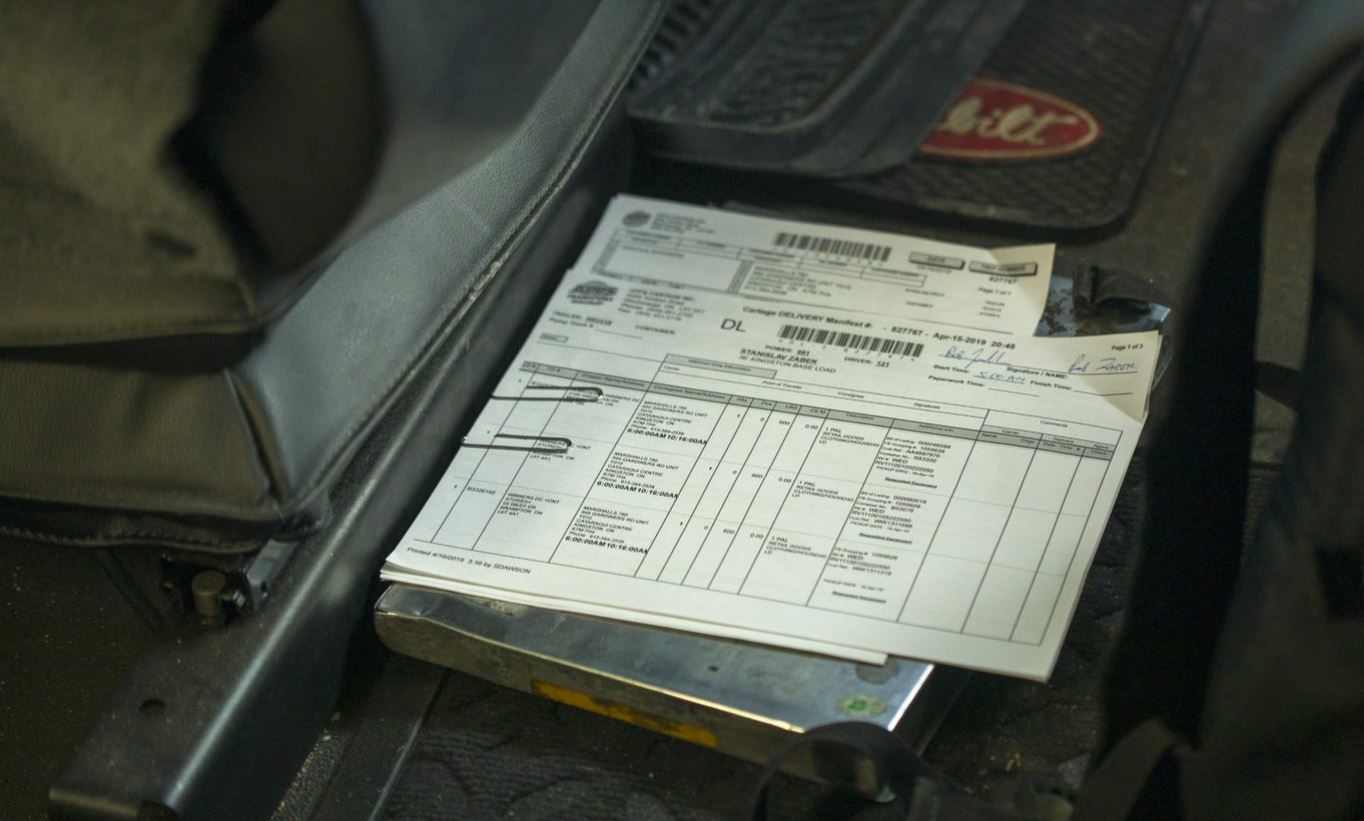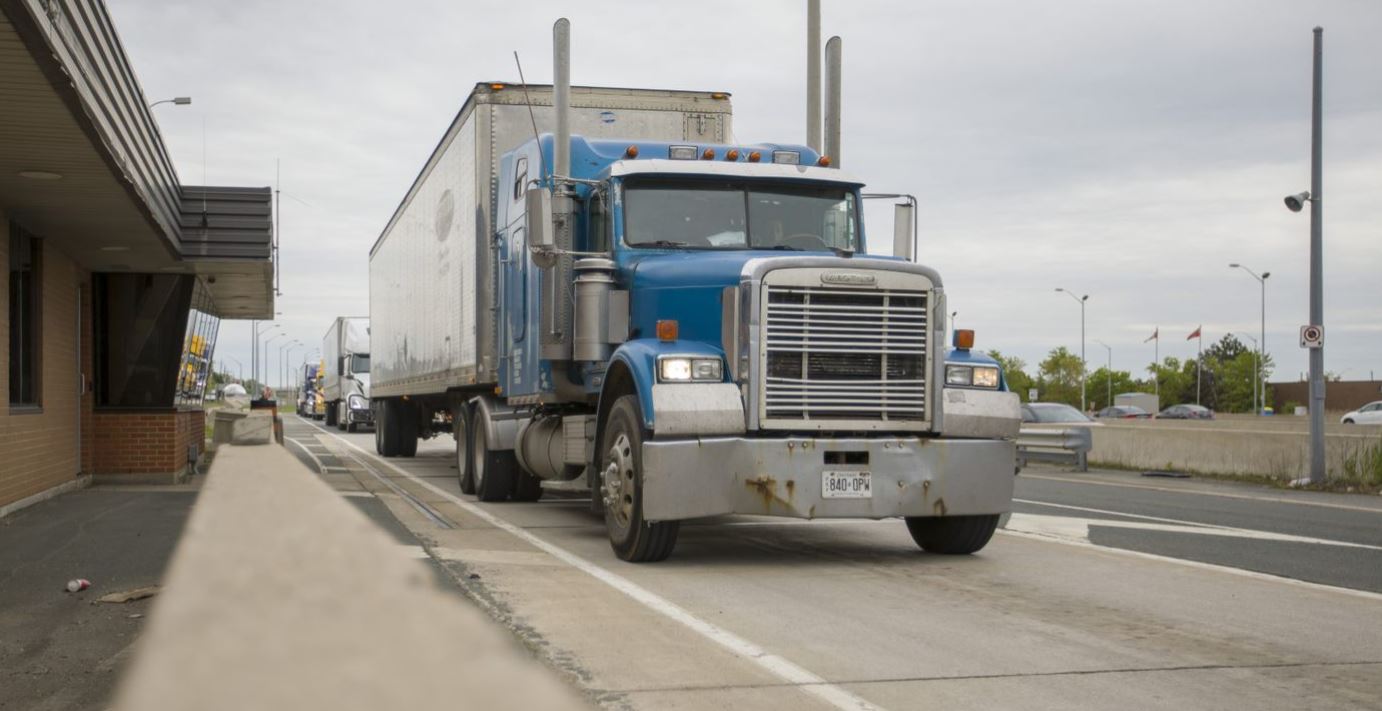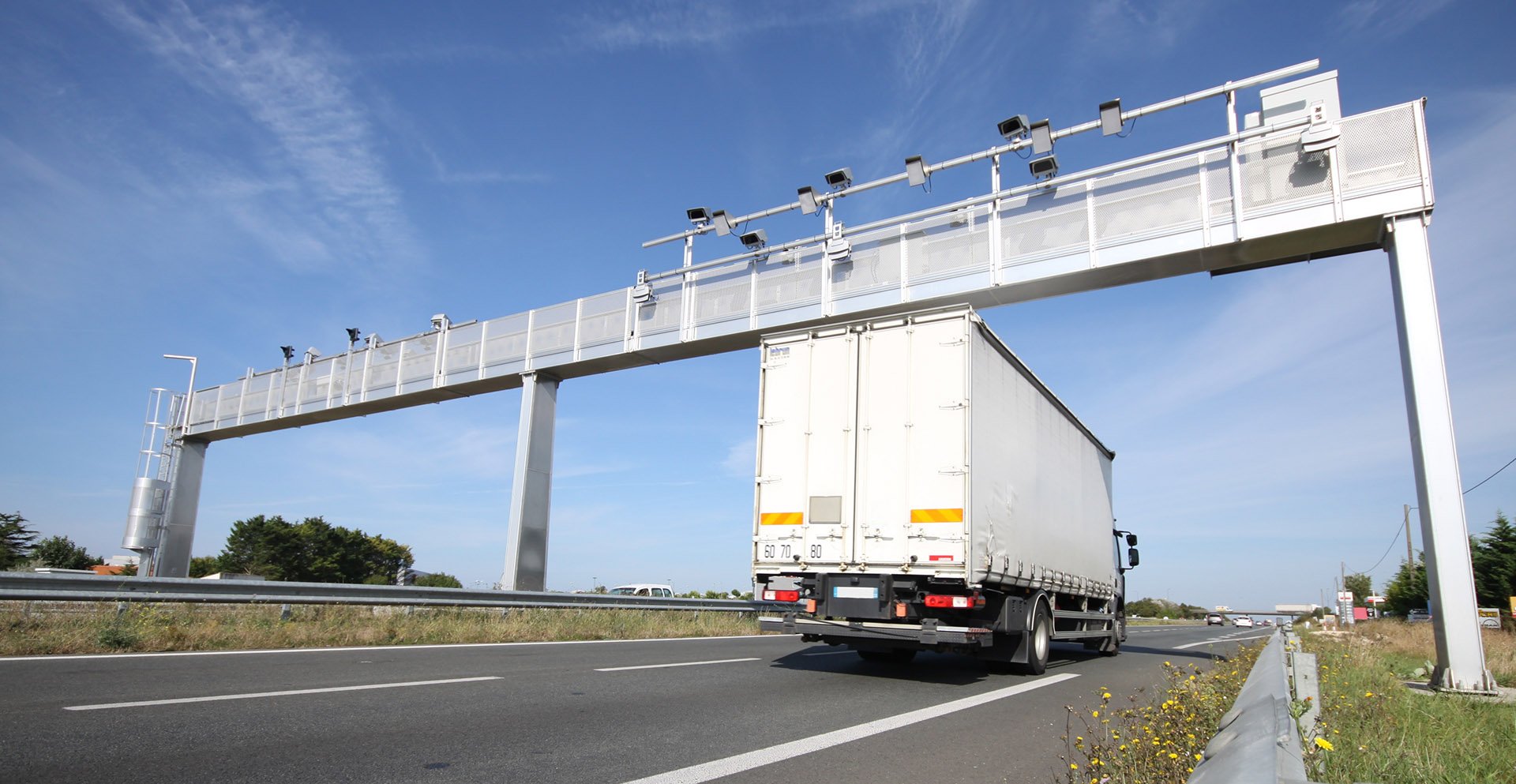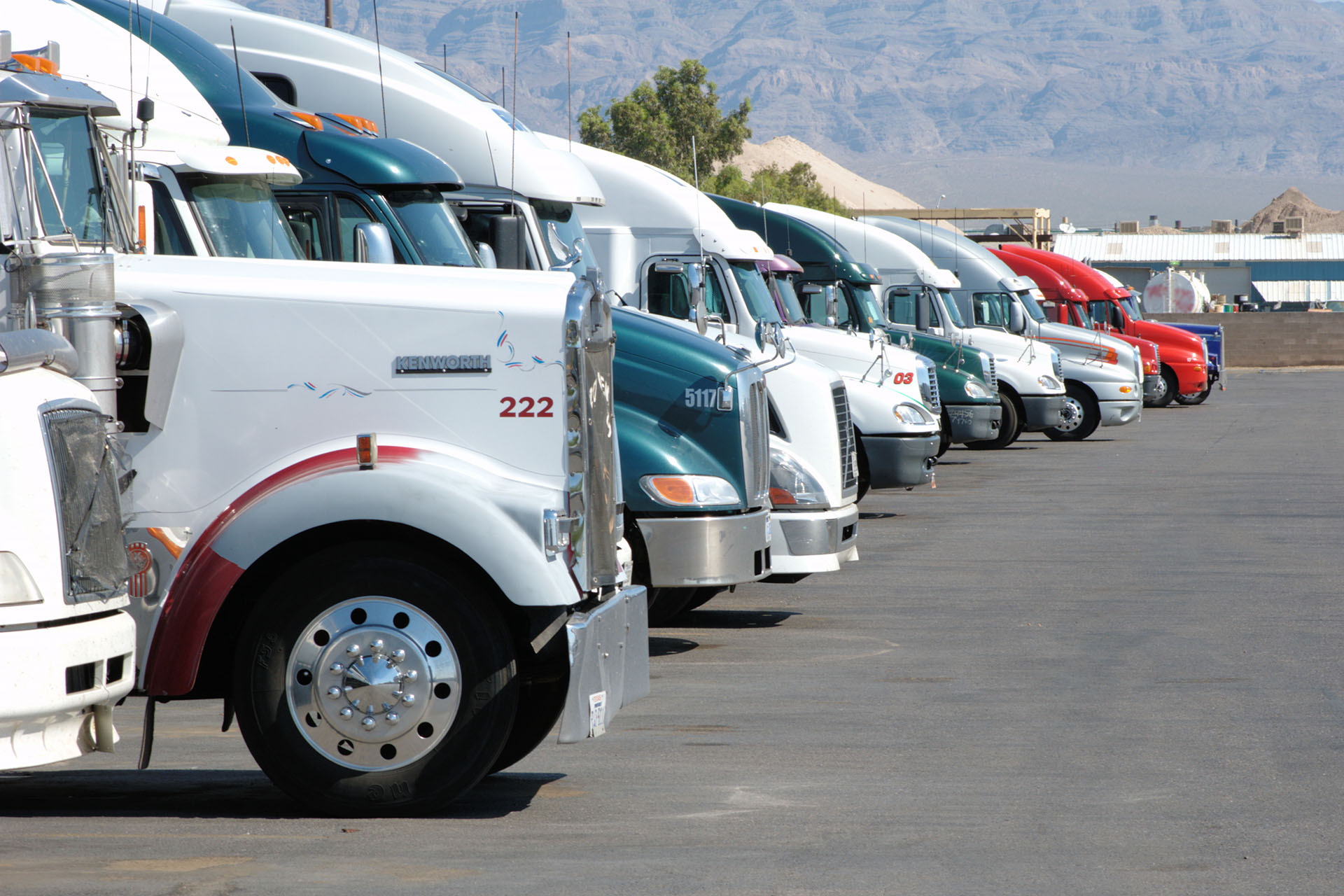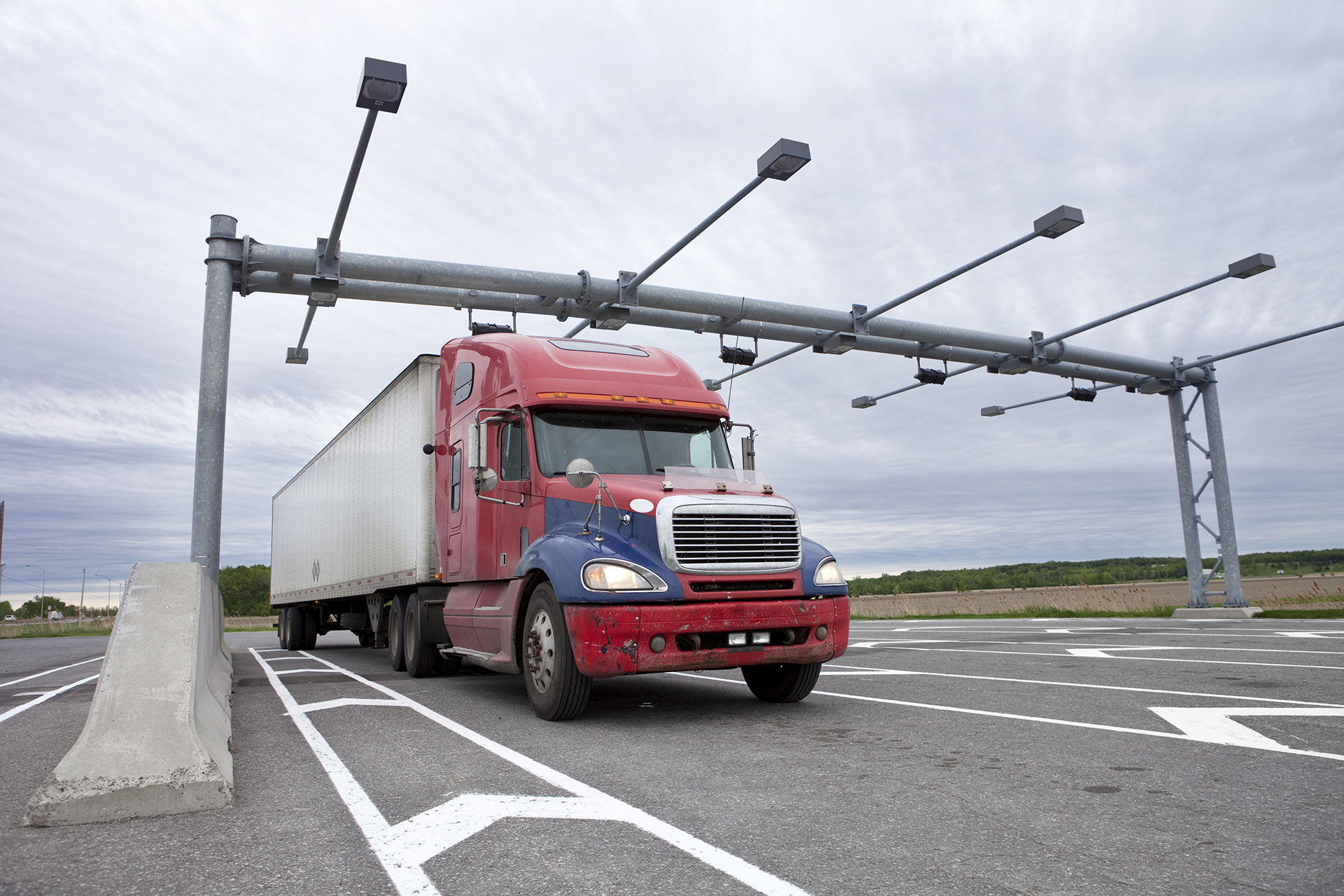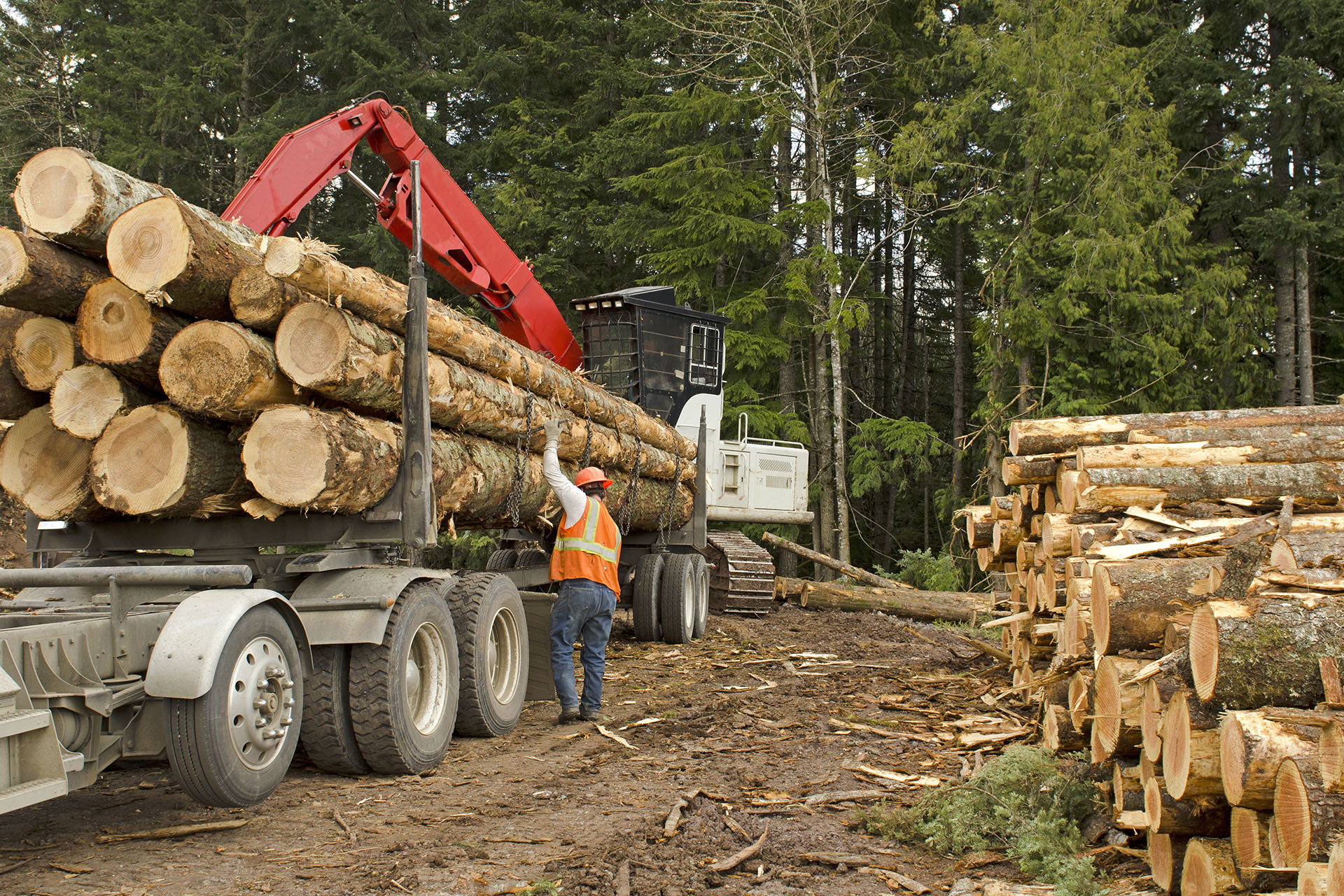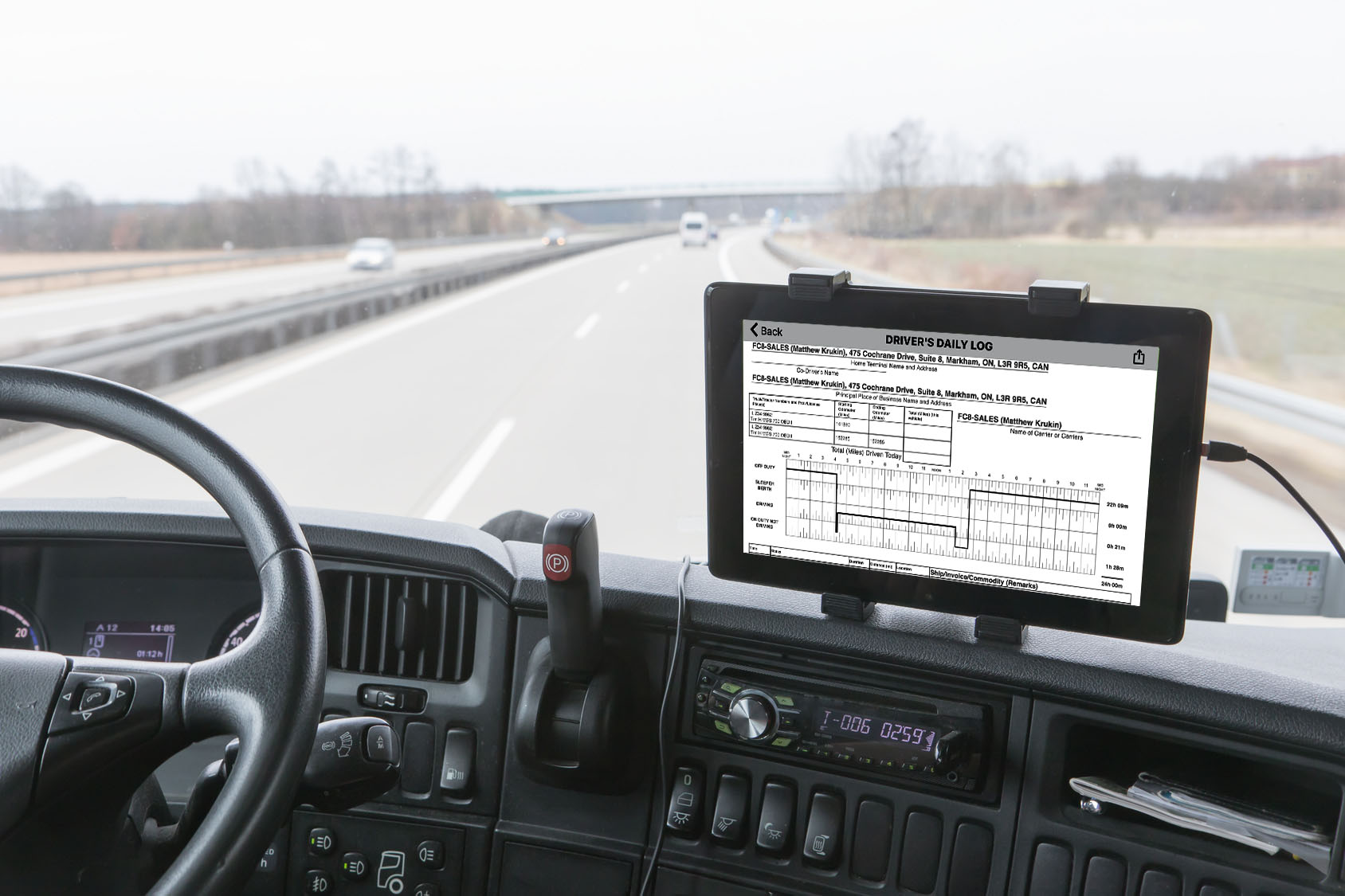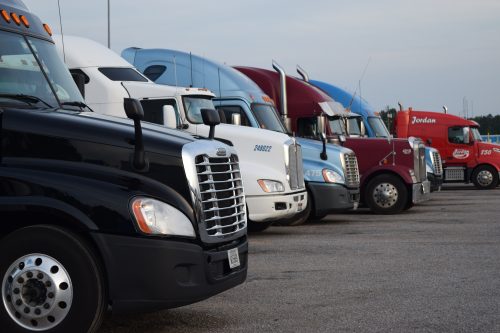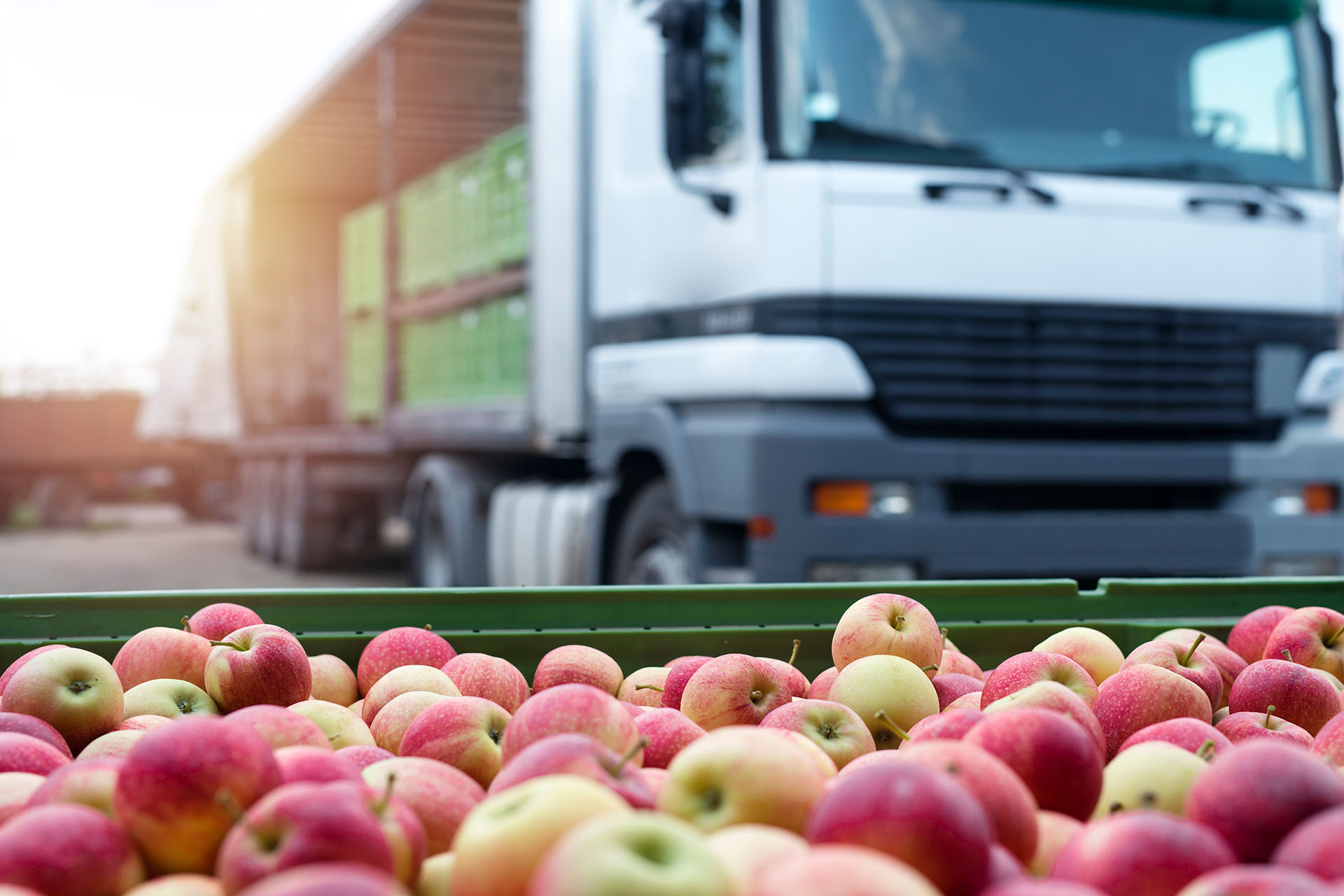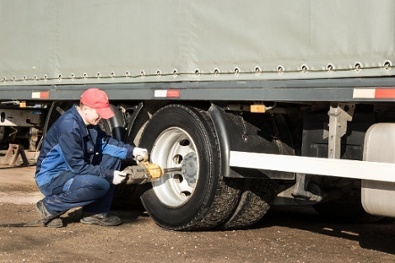As you likely know, the Food Safety Modernization Act (FSMA) was passed in 2011.
FSMA was enacted due to an outbreak of salmonella and listeria that originated from unsanitized freight transportation in the food chain supply by certain parties that were involved.
This act authorized the U.S. Food & Drug Administration (FDA) to enforce regulations to make the food supply chain safer.
I wanted to give you a heads up that the next approaching food safety compliance milestone will be impacting smaller fleets effective September 17, 2018.
These smaller fleets form the majority of the trucking landscape, and are also the ones that are most adverse to change and new regulations.

Small fleets will now have to follow the lead of large motor carriers that were captured in the Phase 1 of the FSMA to automate the temperature monitoring for perishables in freight transit.
It is likely that the impact of this regulation could have a similar response to the implementation of the ELD mandate. Smaller companies may have greater challenges in complying with this rule because they do not have the benefit of an economy of scale as is the case with larger companies.
Further, since the competition in the food industry is very tight, likely there won’t be any significant freight rate increases due to the introduction of the FSMA. This is particularly the case since freight rates did bump up after ELD, and shippers will not want to revisit another hike in the near future. Therefore, trucking companies that implement cost-effective food modernization solutions will likely have an advantage over like sized companies that maintain the status quo.
Temperature controlled technology such as Fleet Complete’s Temperature sensors, Fleet Tracker and Desktop platforms will give you a competitive advantage, while reducing your overhead costs.
The movement of perishable freight like fruit and vegetables is not a stand-alone activity that works independently. It is timely for perishable freight carriers to integrate your innovative technology with systems that are currently deployed. It is key for carriers to get value and by adding new technology – not just because of the upcoming FSMA, but because it will differentiate your service offering from your competitors.
Regardless of FSMA, motor carriers hauling food products have a fiduciary duty to deliver a safe and quality product, and it is in the interest to all stakeholders in the food chain that the food supplied and, ultimately, consumed is of the best possible quality.
The bottom line is, it’s about companies being technologically aware and approaching the FSMA head-on, instead of playing the waiting game like was the case with the ELD mandate.
It is time for small motor carriers to get in the game by developing and maintaining detailed sanitation and temperature control procedures, with clearly stated ceiling threshold limits for temperature monitoring.
Small fleet companies need to understand the new FMSA rules to prevent losses regarding non-compliance, and to take immediate action as the clock continues to tick on Phase 2 of the FMSA September 17, 2018 milestone date.







